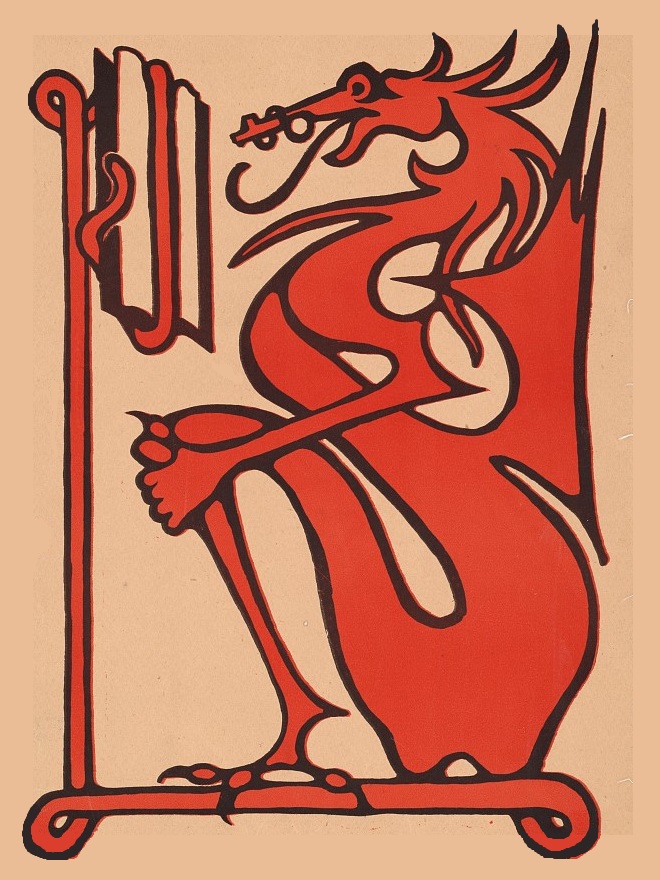These words are being written by an individual who has loved books and stories, and loved writing, for his entire life. I love them—stories are located at my heart, invisible, warm. If someone were to ask me why I write, I would have difficulty giving an answer. That someone who loves reading, should love writing, seems self-evident, but no, listen. The creative act, like a Tibetan monk warming the winter air, moves from the heart outward. Books are a process with two halves, and for every time the individual expresses ideas into the environment through writing, the individual must also receive ideas from the environment through reading. Inspiration, like inhalation, comes from the outside in.
I can remember very clearly the first time I finished a book and wanted to write my own. It felt different from finishing a book and saying, “That was great; time to do something else now.” Reading passively, I would say to myself, “Imagine a magical world,” which is a remark by the imagination about the imagination, but this time, I found myself saying, “What a beautiful look into the magical world that some other person holds in their head,” which is a remark about reality. Of course we crave oxygen, but at the end of a deep breath, there’s an instinct to exhale. A daydream is not a document.
This thought moved me very deeply: that fiction is important to reality; that the creative act, on the part of that writer, had become part of the real world for me. I wanted to add to the real world in that way, myself. I still get the same feeling three hundred years later or however long it’s been, each time I go back and reread Jeremy Thatcher, Dragon Hatcher by Bruce Coville: I want to make the world a better place, the way Coville did when he put pen to paper. I am inspired.
These articles will examine Coville’s novels from that perspective—the novels, and maybe especially the through-lines, the common themes. Coville’s corpus inspired my younger self in a way that was, at that time in my life, unique. Why? How? How do they work? How do I work? So, these are literary articles; we have thoughts to articulate about literature. They are also personal articles; to this day I wear Coville’s stories on my body—I mean my mind, my metaphorical body, the hand with the pen in it. My style.
“Why,” I can imagine myself asking Coville. “Why do you, the writer, write? What inspired you to write these particular stories?”
“Why do you?” His signature facial expression, he wrote in an afterword somewhere, is to raise one eyebrow. “What is it about these particular stories that inspires you?”
So I thought we could investigate that.
